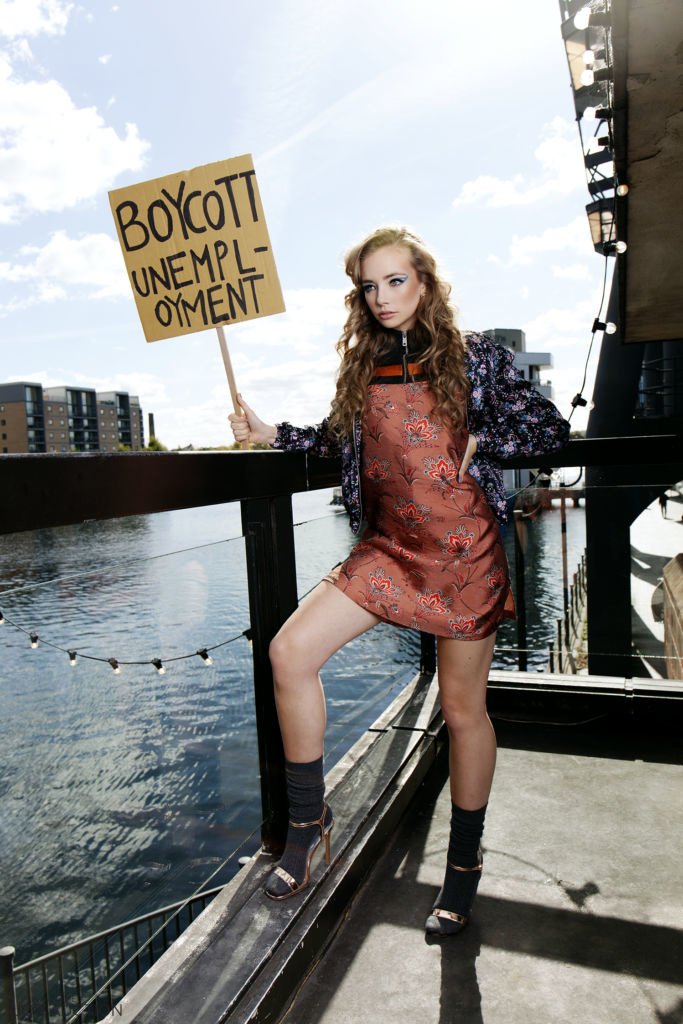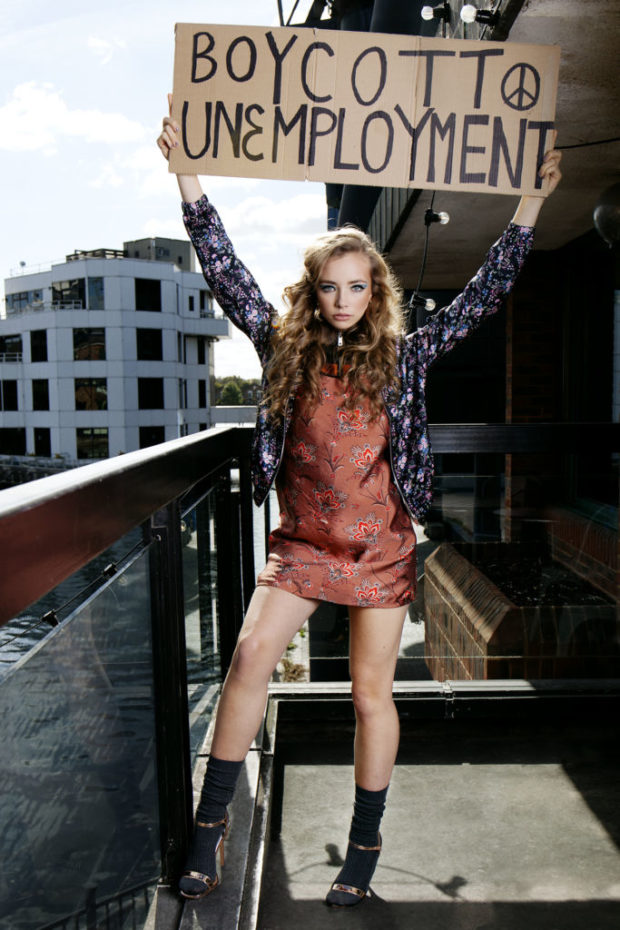In 2015, there were 66 active official ‘progressive’ boycotts. That is according to Ethical Consumer, the magazine which does exactly what its’ title suggests. In recent years there have been more calls than ever from public interest groups, concerned armchair pundits and everyone in between for brands to become more ethically focused. Be it boycotts or strikes, ethics matter.
With The Job Auction’s stance on ‘boycotting unemployment‘ itself, we turn our eye to the trends in marketing and consumers to an extent; those companies who have adopted ethical production means and question whether it was done out of genuine integrity or an attempt to bolster profits, riding the wave of the current consumer trend in moral purchasing.
In 2010 Andrex released a campaign that informed viewers that they would plant three trees for every one they chopped down to make their products. This saw profits rise and was a tactic designed to strike a chord with the environmentally friendly among those watching the telly adverts. Still, a great effort in any event. Well done Andrex.
‘Fair-trade’ products, i.e. products not contributing to a chain of production that is saturated with near-slave labour and violence, are on the rise. Proving to customers that what they are buying has been ethically sourced, seems to be top of the priority list when it comes to marketing strategy.

Whether or not these new ethical standards come from a place of genuine concern for environmental and social issues, fear that profits would suffer, or, most likely, a little bit of both; no one can argue against these changes to ethical policy being a positive thing.
A recent study concluded that 1 in 10 Britons currently self-identify as vegan. This has lead to an increase in vegan options at major catch-all food distributors.
In a more interesting example, UK supermarket chain Iceland recently had a TV advert banned because of its pretty clear message to stop using palm oil. Iceland are said to no longer be selling products containing palm oil because of its damaging effects on the eco system but the ad was banned for being ‘too political’.
(You can easily check whether something contains palm oil by reading the back of the packet.)
There has been a huge outcry among many concerned citizens of the world who say that ‘its not a political agenda to want to save the world’.
Whether ethical equals tactical from a business perspective, remains to be seen but either way, we welcome more of it. Doing the right thing matters.









